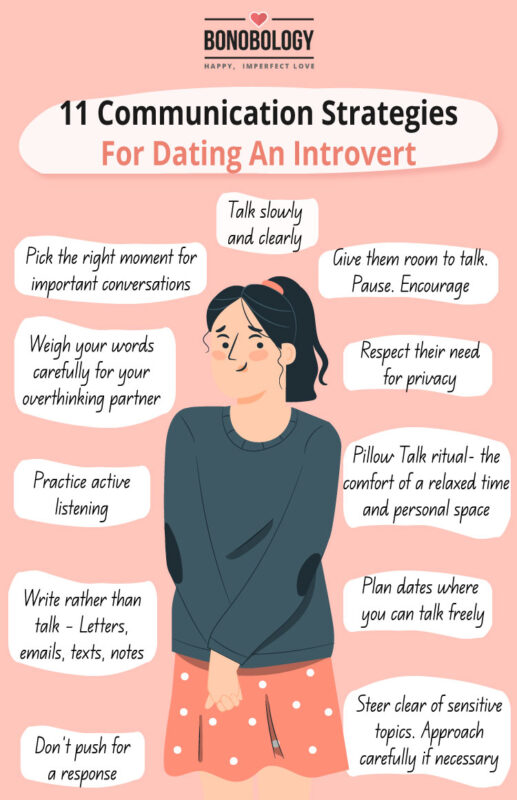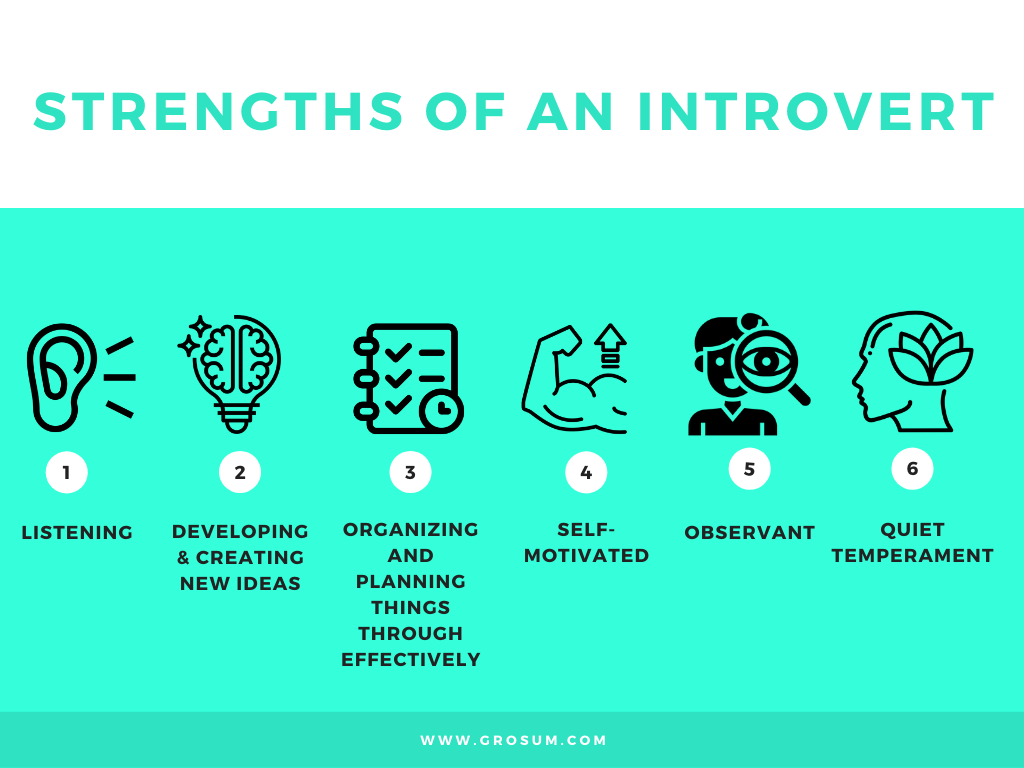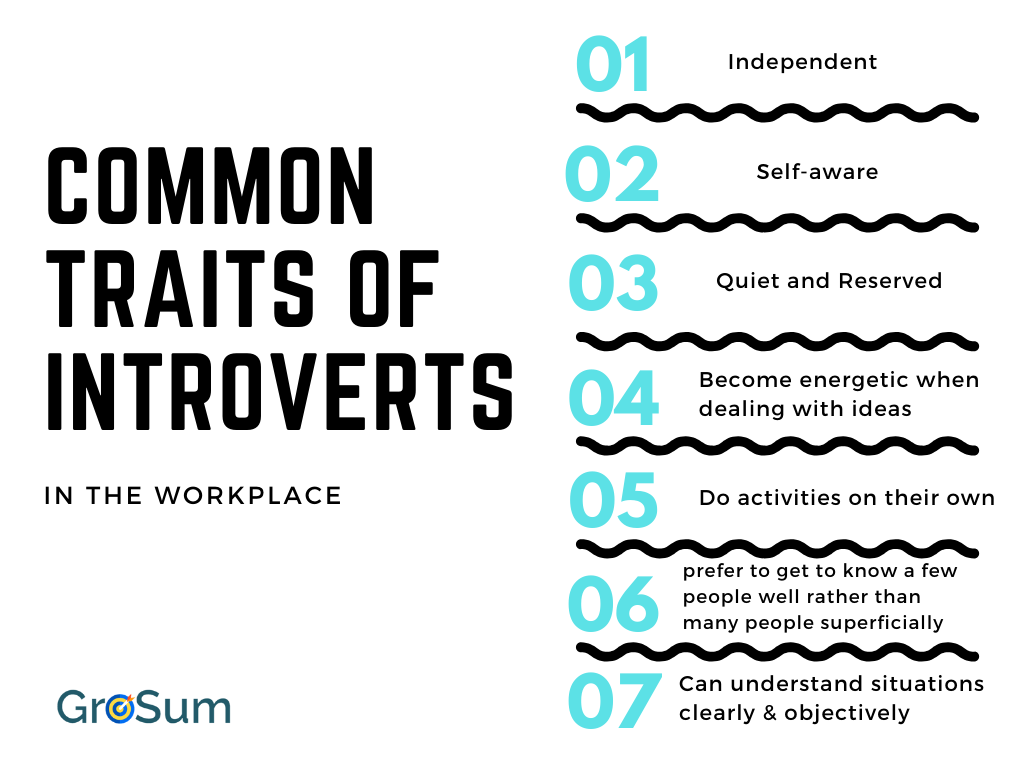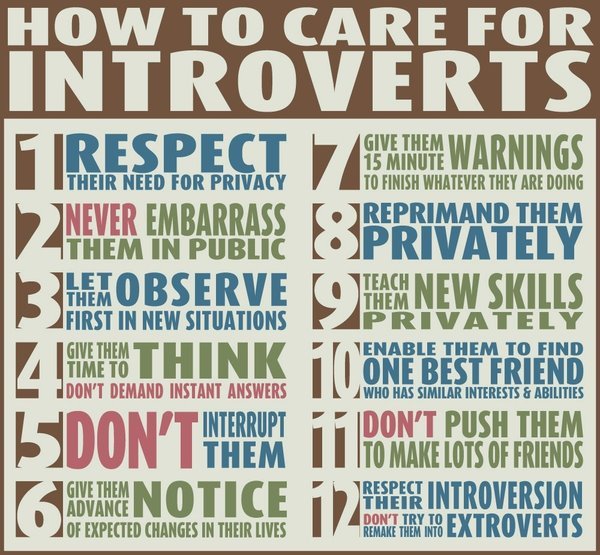How To Deal With An Introvert Person

Navigating relationships with introverts can sometimes feel like deciphering a complex code. While often misunderstood as shy or antisocial, introversion is a personality trait characterized by a preference for calmer, less stimulating environments. Understanding how to interact effectively with introverts can foster stronger connections and mutual respect.
This article explores practical strategies for building positive relationships with introverts. It draws on insights from personality psychology and communication experts to provide actionable advice. These guidelines aim to bridge the gap in understanding and cultivate supportive interactions.
Understanding Introversion
Introversion, as defined by Carl Jung, is a preference for focusing on internal thoughts and feelings rather than seeking external stimulation. It is a core personality trait, not a social deficiency. Introverts recharge their energy through solitude and reflection.
Unlike extroverts who gain energy from social interaction, introverts find excessive social engagement draining. This doesn't mean they dislike socializing altogether. It means they need downtime to recover and process their experiences.
Key Differences: Introvert vs. Extrovert
The primary difference lies in how individuals gain and expend energy. Extroverts thrive in social settings, feeling energized by conversation and activity. Introverts, on the other hand, feel drained by prolonged interaction and need quiet time to recharge.
Introverts often prefer deeper, more meaningful conversations. They are typically more comfortable listening than talking. Extroverts, conversely, may engage in broader, more superficial interactions.
Strategies for Effective Interaction
Communicating effectively with introverts requires understanding their preferences and respecting their need for space. Patience and sensitivity are key.
One crucial element is giving them time to think. Introverts often process information internally before responding. Avoid pressuring them for immediate answers, instead allow them ample time to formulate their thoughts.
Respect their need for solitude. Don't take it personally if an introvert declines a social invitation or prefers to spend time alone. Recognize that they need this time to recharge.
Practical Tips
Choose quieter environments for conversations. Loud or crowded places can be overwhelming for introverts, making it difficult for them to focus and engage.
Offer opportunities for written communication. Some introverts find it easier to express themselves in writing. Email, text messages, or even handwritten notes can be a good alternative to face-to-face conversations.
Engage in one-on-one conversations rather than group settings. Many introverts feel more comfortable and open in individual interactions. This allows for deeper connection and more meaningful exchanges.
Respecting Boundaries
It is vital to respect the boundaries of introverts. Pushing them beyond their comfort zone can lead to stress and resentment. Listen to their cues and be mindful of their energy levels.
Avoid interrupting them when they are speaking. Allow them to finish their thoughts without interruption, even if they pause frequently.
Do not force them into social situations they are uncomfortable with. Instead, offer gentle encouragement and respect their decision if they decline.
Benefits of Understanding
Understanding and respecting introversion can lead to stronger, more fulfilling relationships. By appreciating their unique qualities, you can create a more supportive and inclusive environment.
Introverts often possess exceptional listening skills, a strong sense of empathy, and a deep capacity for thought and reflection. These qualities can enrich any relationship.
According to a study by Harvard Business Review, companies that effectively leverage the strengths of both introverts and extroverts tend to be more innovative and successful. This highlights the importance of valuing diverse personality types in all aspects of life.
Conclusion
Building positive relationships with introverts requires patience, understanding, and respect for their individual needs. By implementing these strategies, you can create a more supportive and enriching environment for everyone involved.
Embracing the diversity of personality types, including introversion, fosters greater empathy and strengthens connections. This, in turn, can lead to more fulfilling relationships and a more inclusive society.
/2795426-signs-you-are-an-extrovert-5afdb7dd642dca00376dd247.png)













:max_bytes(150000):strip_icc()/2795427-signs-you-are-an-introvert-5ae1ee6f0e23d9003989ee1e.png)



